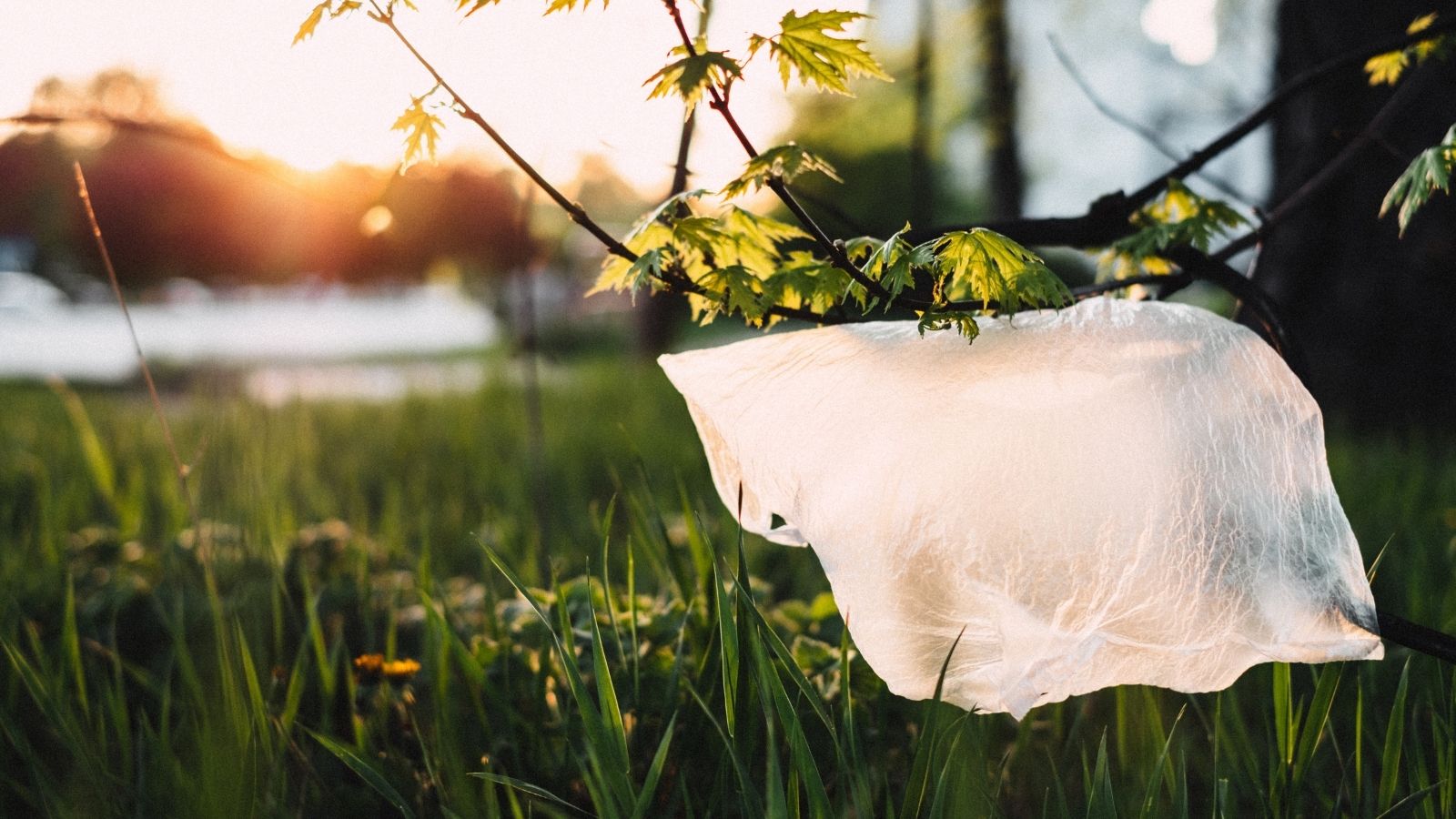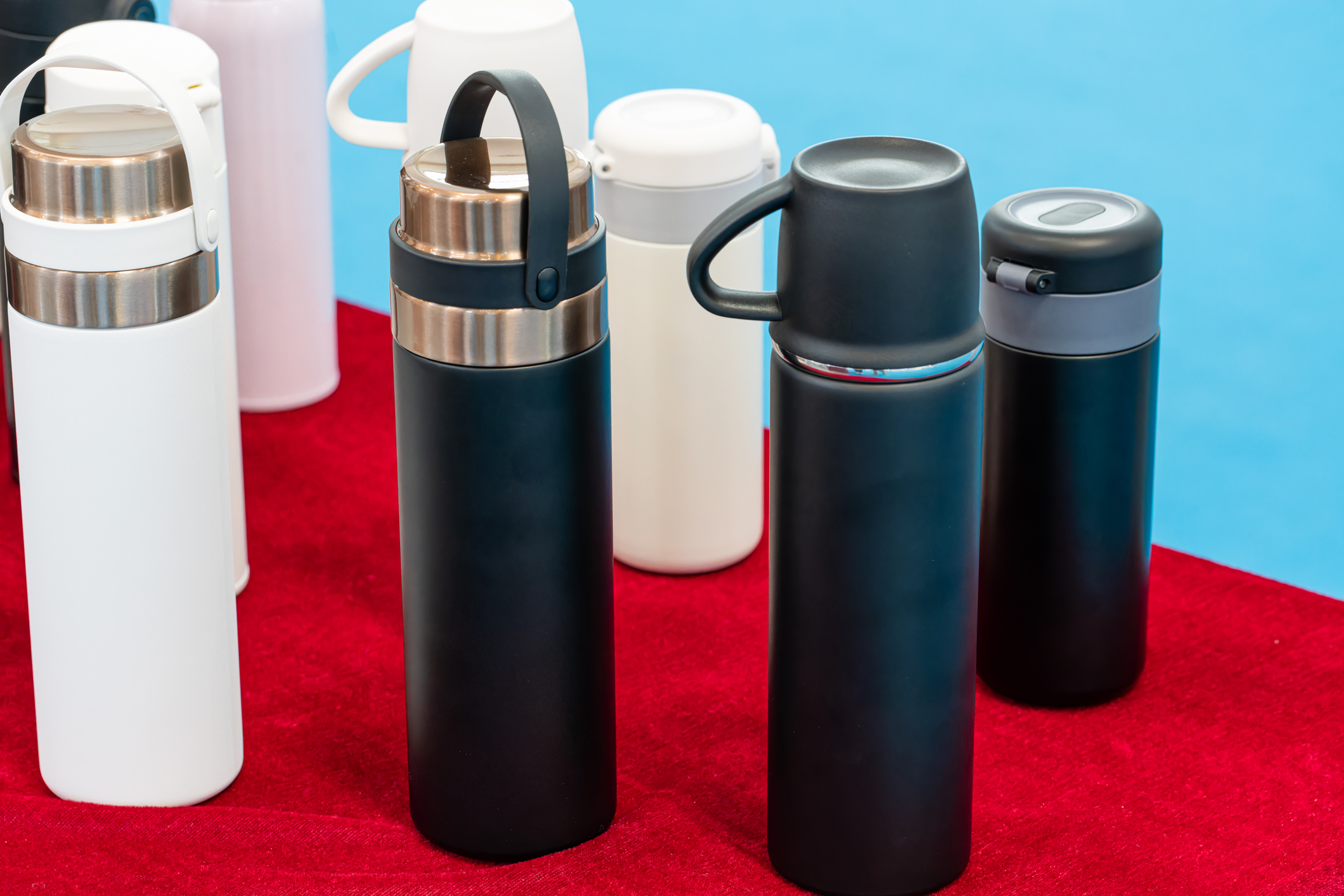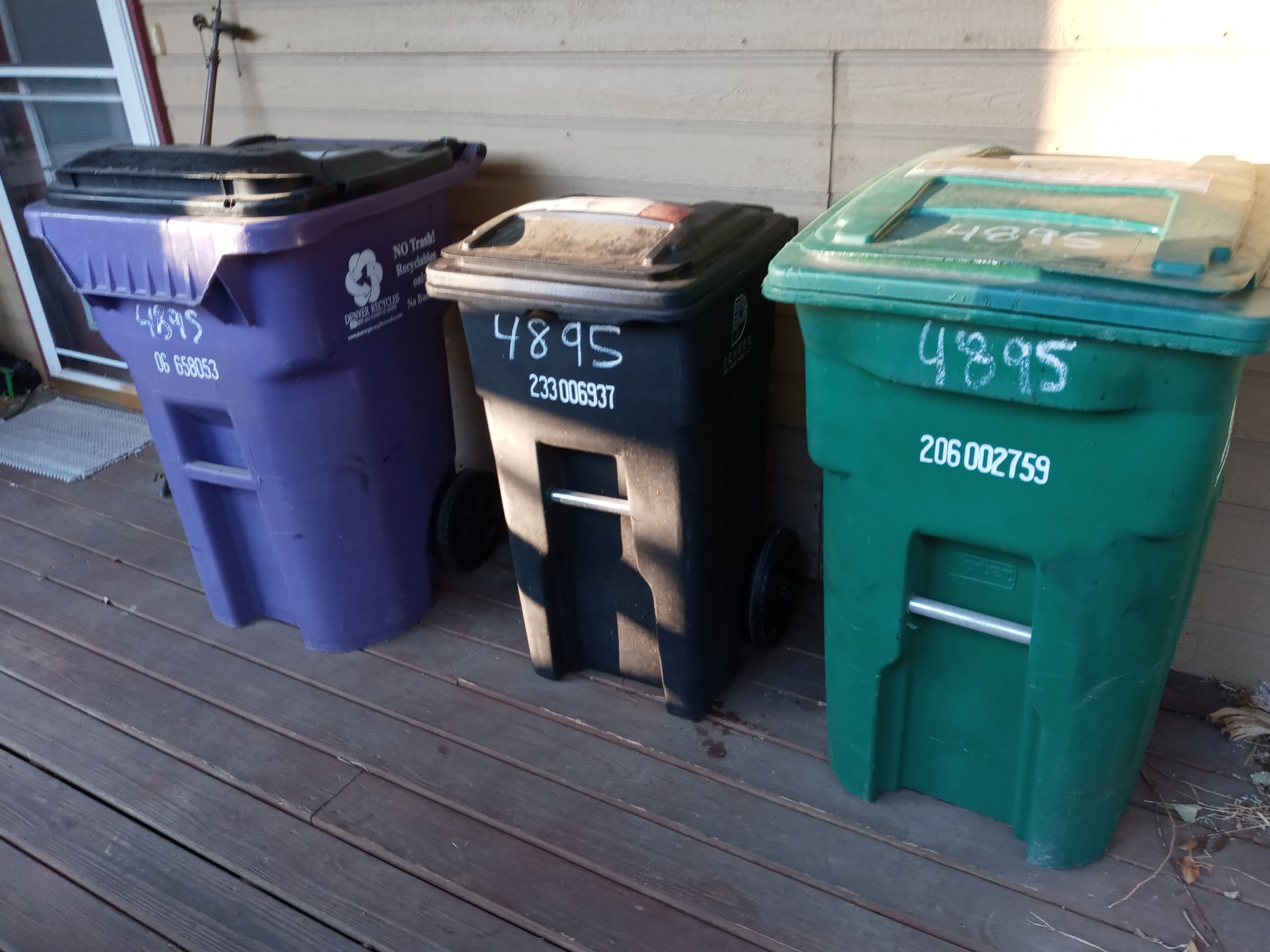Plastic waste solutions hiding in plain sight: Single-use plastic product bans
This blog is the first in a series examining policy solutions to the plastic pollution crisis that are proven and replicable. This section covers single-use plastic product bans.

More often than not, the most common, most hazardous and least-recyclable plastic products are also the most replaceable. I haven’t used wasteful products such as foam cups and containers, plastic shopping bags and disposable straws for years thanks to reusable alternatives. As a bonus, my reusable coffee cup with “The Bean” printed on the side from my favorite local shop on it and my Marvel-themed canvas shopping bags always receive compliments.
The movement to phase out single-use plastics and prioritize environmental and public health started in Berkeley back in 1987. The city passed the first ban on a polystyrene foam, also commonly known as Styrofoam. Since then, hundreds of localities and several states (as well as over 100 countries) have followed suit, showing that these targeted, plastic-reducing measures work. As of March 2021, nine states have banned plastic bags, six states have banned polystyrene foam foodware, and four have established plastic straw-by-request-only policies. This year, several more states are considering similar plastic bans to keep those numbers going up.
Just this past year, New Jersey passed the most comprehensive single-use plastics ban in the nation. U.S. PIRG worked with the New Jersey legislature, signed by Gov. Phil Murphy, to comprehensively ban the worst kinds of single-use plastics, including plastic bags and polystyrene foam. New Jersey also took the initiative to limit paper bags and made drinking straws available upon request only. With this landmark legislation taking aim at so many single-use products at once, New Jersey set a precedent, paving the way for reusable alternatives and lowering the burden of procuring single-use items on stores.
It makes sense that policies to ban single-use plastic products effectively reduce pollution. They prevent unnecessary products from ever being created in the first place to become pollution. Single-use products are designed to be disposable: They will never be sustainable.
In addition to continued state action, we also have the opportunity to enact similar federal legislation to reduce plastic pollution by banning single-use bags, polystyrene foam, and other wasteful products. Introduced on March 25, The Break Free From Plastic Pollution Act is designed to transition us toward a country free from plastic pollution while encouraging reusable-focused infrastructure and business practices.
Look out for our next blog in this series and show your support for the Break Free From Plastic Pollution Act by contacting your legislators.
Topics
Authors
Haley Clinton
Find Out More

Too much of a good thing? The environmental downside of the “Stanley cup” craze.

A look back at what our unique network accomplished in 2023

12 Days of Zero Waste
